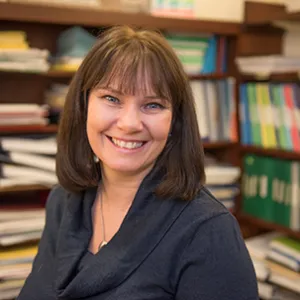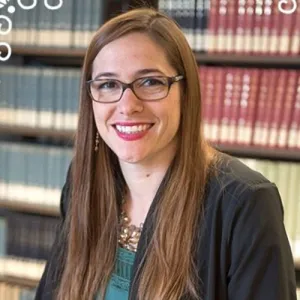Teaching Mentors
The Sherrerd Center for Teaching & Learning has had two teaching mentors since 2018–19 whose job it is to share innovative practices and strategies with colleagues.
We are delighted to announce that our Teaching Mentors program continues through the 2025–26 academic year with two new mentors: Shannon Audley (EDC) and Roisin O’Sullivan (ECO). Both Shannon and Roisin have been involved with the Sherrerd Center’s Advisory Board and other Sherrerd programming for several years. The teaching mentors program exists to help all members of our community with their teaching, so if you wish to schedule a meeting with either of our mentors, please fill out this form.
The Sherrerd mentors are available to faculty and staff to talk about anything related to your teaching. A conversation can happen once or can be ongoing through the year or semester. Please know these conversations are confidential and not evaluative. The conversations are an opportunity to talk with a colleague about some aspect of the teaching-learning process. Conversations may be philosophical, operational or anything in between. Topics may include syllabus design, sequencing a course or lesson, getting students to be more aware of their own learning, assessment, grading, designing group activities, establishing norms or making sense of student feedback.

